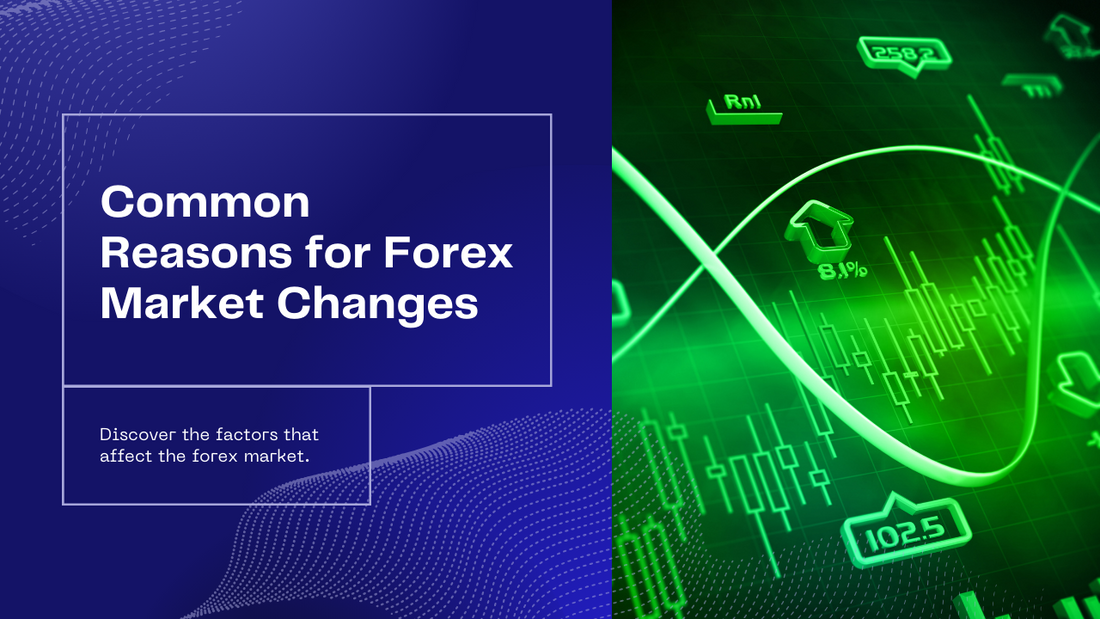
Top 5 Reasons for Forex Market Changes
Share
The foreign exchange market, also known as the forex market, is the largest and most liquid financial market in the world. It operates 24 hours a day, five days a week, and involves the buying and selling of currencies. The forex market is influenced by a multitude of factors that can cause significant changes in currency exchange rates. In this blog post, we will explore the top five reasons for forex market changes.
1. Economic Indicators
Economic indicators play a crucial role in driving forex market changes. These indicators include GDP growth, inflation rates, employment data, and interest rates. Positive economic indicators often lead to a stronger currency, while negative indicators can weaken a currency. Traders closely monitor these indicators to anticipate market movements and make informed trading decisions.
2. Political Events
Political events can have a profound impact on the forex market. Elections, government policies, and geopolitical tensions can create uncertainty and volatility. For example, a change in leadership or a major policy shift can cause a currency to depreciate or appreciate rapidly. Traders need to stay updated on political developments to navigate the forex market effectively.
3. Central Bank Actions
Central banks play a crucial role in shaping forex market changes. Monetary policy decisions, such as interest rate changes and quantitative easing programs, can significantly impact currency values. Central banks use these tools to manage inflation, stimulate economic growth, and maintain financial stability. Traders pay close attention to central bank announcements and statements to gauge future market movements.
4. Market Sentiment
Market sentiment refers to the overall attitude and perception of traders towards a particular currency. It is influenced by factors such as economic data, news events, and investor confidence. Positive market sentiment can lead to increased demand for a currency, driving its value higher. Conversely, negative sentiment can result in a currency losing value. Traders use various technical and fundamental analysis techniques to assess market sentiment and make trading decisions.
5. Global Events
Global events, such as natural disasters, terrorist attacks, and pandemics, can have a significant impact on the forex market. These events create uncertainty and can disrupt economic activities, leading to currency fluctuations. For example, a natural disaster in a major exporting country can disrupt supply chains and affect currency values. Traders need to stay informed about global events and their potential impact on the forex market.
In conclusion, the forex market is influenced by a multitude of factors that can cause significant changes in currency exchange rates. Economic indicators, political events, central bank actions, market sentiment, and global events all play a role in shaping the forex market. Traders need to stay informed and analyze these factors to make informed trading decisions. Understanding the top reasons for forex market changes is essential for anyone looking to navigate this dynamic and exciting financial market.



